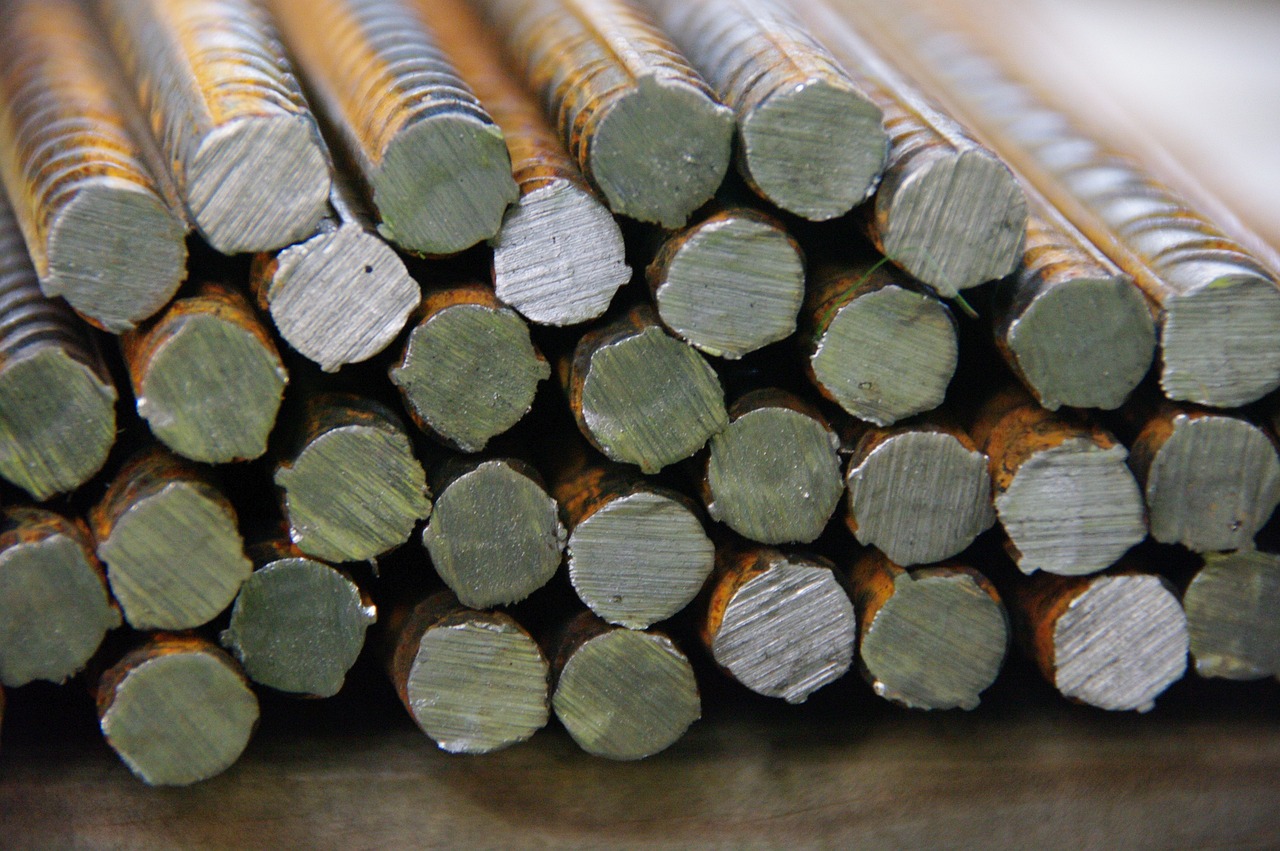Switzerland – Tata Steel and ABB have a Memorandum of Understanding (MoU) in place, and they will cooperate to develop cutting-edge models and technologies to lessen the carbon footprint of steel production.
In order to evaluate and jointly create short- and long-term alternatives for energy efficiency, decarbonization, and circularity, the two firms will concentrate on system-level examinations of Tata Steel’s manufacturing plants and production facilities.
Tata Steel’s business strategy includes a commitment to sustainable development and growth. The company is working to implement key enablers for deep decarbonization, such as the use of more scrap in steelmaking, alternative fuels like natural gas and green hydrogen, renewable energy, and the adoption of carbon capture and storage/utilization technologies, in order to ensure sustainable growth. By 2030, Tata Steel wants to raise its capacity to 40 million tons, thus this partnership with technology partner ABB is essential to achieving that development sustainably.
Hydrogen as alternative fuel
Energy optimization will be investigated by ABB and Tata Steel using hydrogen as an alternative fuel for upstream processes, as well as energy reduction and substitution using fully integrated electrification and digital systems, like ABB Ability eMine and e-Mobility solutions and energy-efficient motors.
The International Energy Agency (IEA) and other sources estimate that the worldwide steel industry contributes 7 to 9% of the world’s CO2 emissions from fossil fuels.





